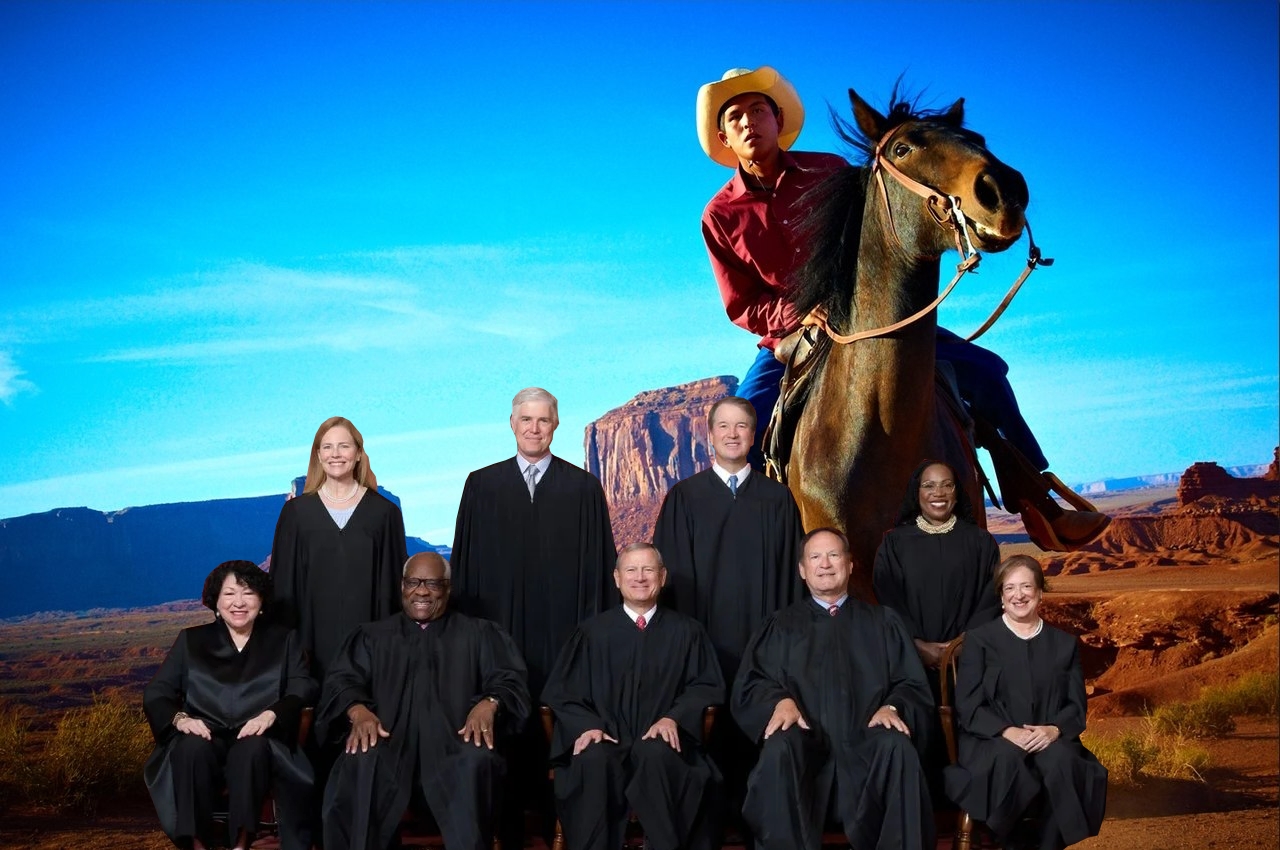The Republican National Committee asked the Supreme Court to prevent about 40,000 people in Arizona from voting in the upcoming presidential election. They claim that these voters didn’t provide proof of U.S. citizenship when they registered, so they shouldn’t be allowed to vote in person or by mail. This is a significant issue because Arizona is a battleground state, and a small number of votes could determine the outcome. In the last presidential election in Arizona was decided by only 10,457 votes.
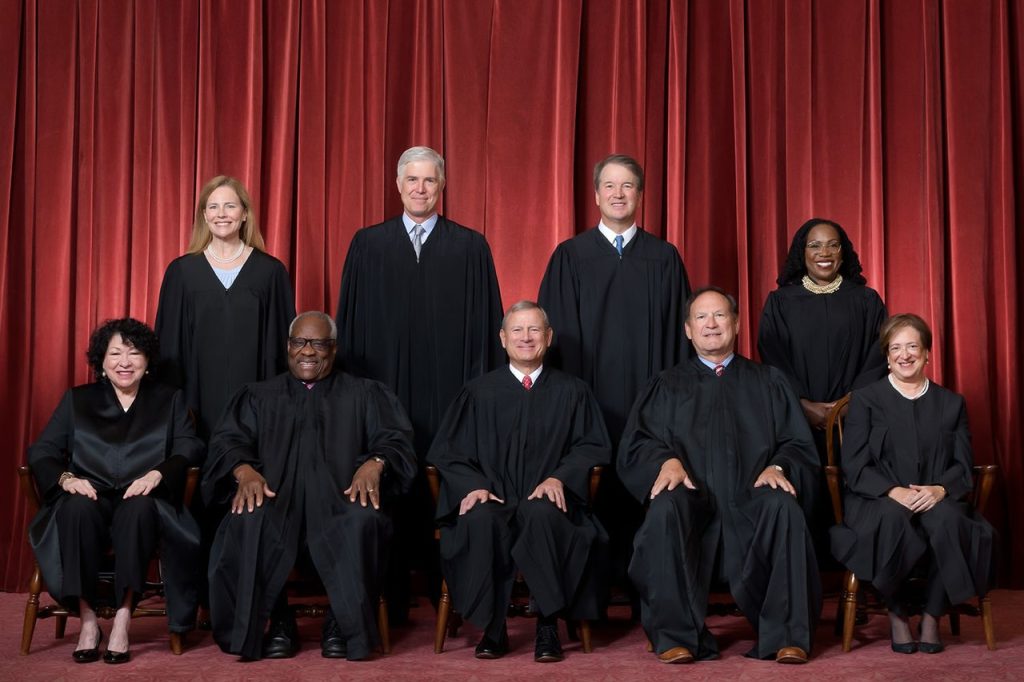
Arizona Secretary of State Adrian Fontes opposes the Republicans’ request, stating there is no evidence of voter fraud. He points out that many of the voters who could be affected are Native Americans, students, and service members who might not have had a birth certificate when they registered. The Biden administration also asked the Supreme Court to reject the Republicans’ request, arguing that changing the rules so close to the election would cause confusion and problems.
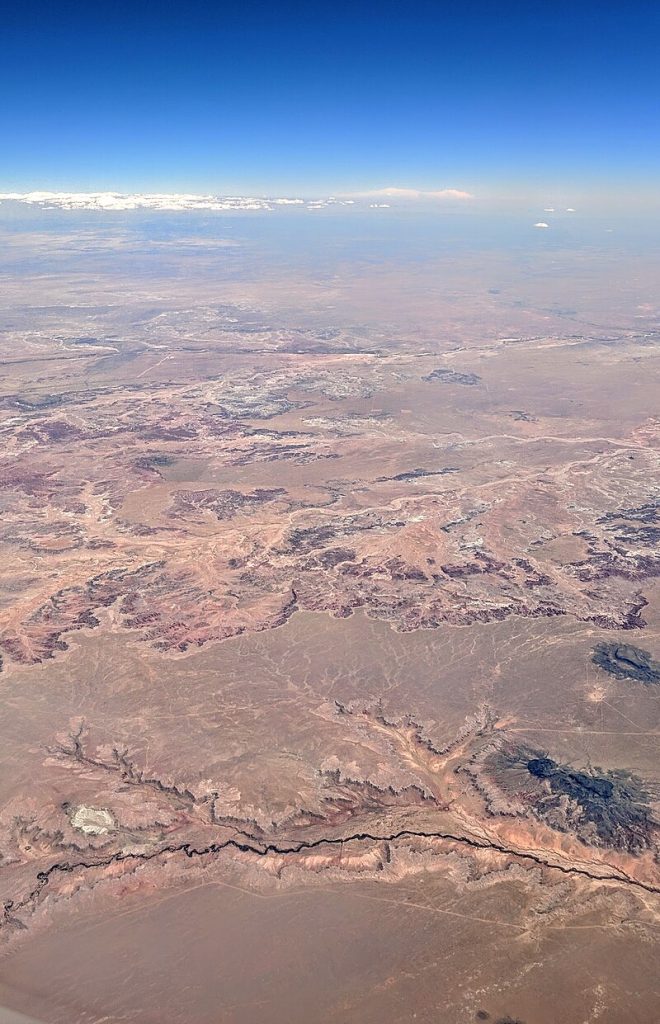
One reason many Native Americans might not have birth certificates is that in some communities, especially on reservations, births often occurred at home and were not recorded with the government. Additionally, there has been historical mistrust between Native American communities and government institutions, leading some to avoid registering births. This lack of documentation can make it difficult for Native Americans to meet new voter ID laws, even though they are U.S. citizens.
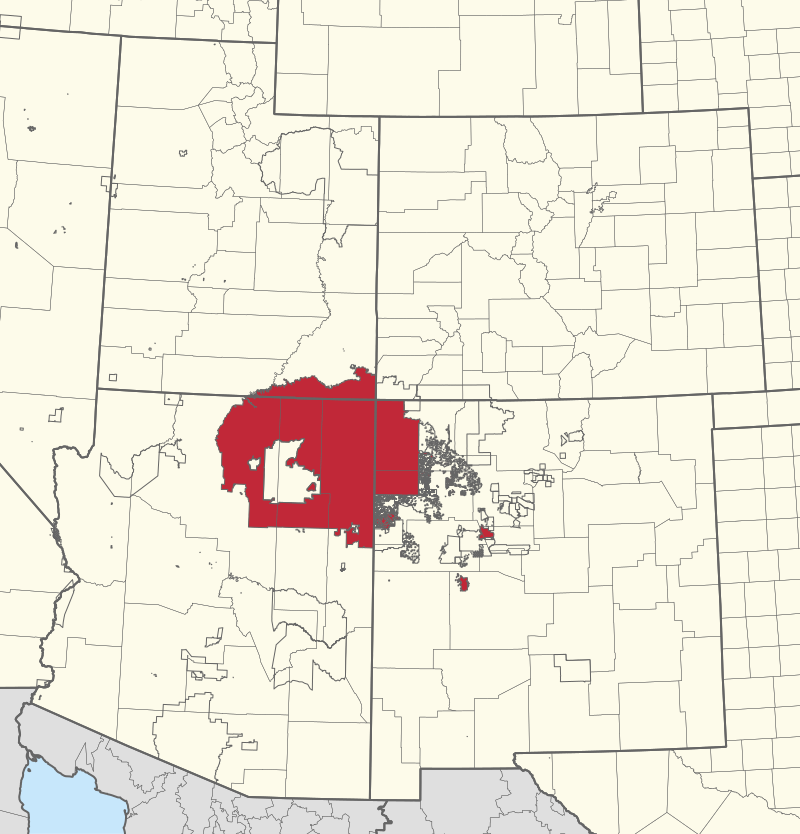
Arizona is home to approximately 400,000 Native Americans, making up about 6% of the state’s population. The state has 22 federally recognized tribes, including the Navajo Nation, the largest in both Arizona and the entire country. Many of these Native Americans could be affected if the Supreme Court sides with the Republicans.
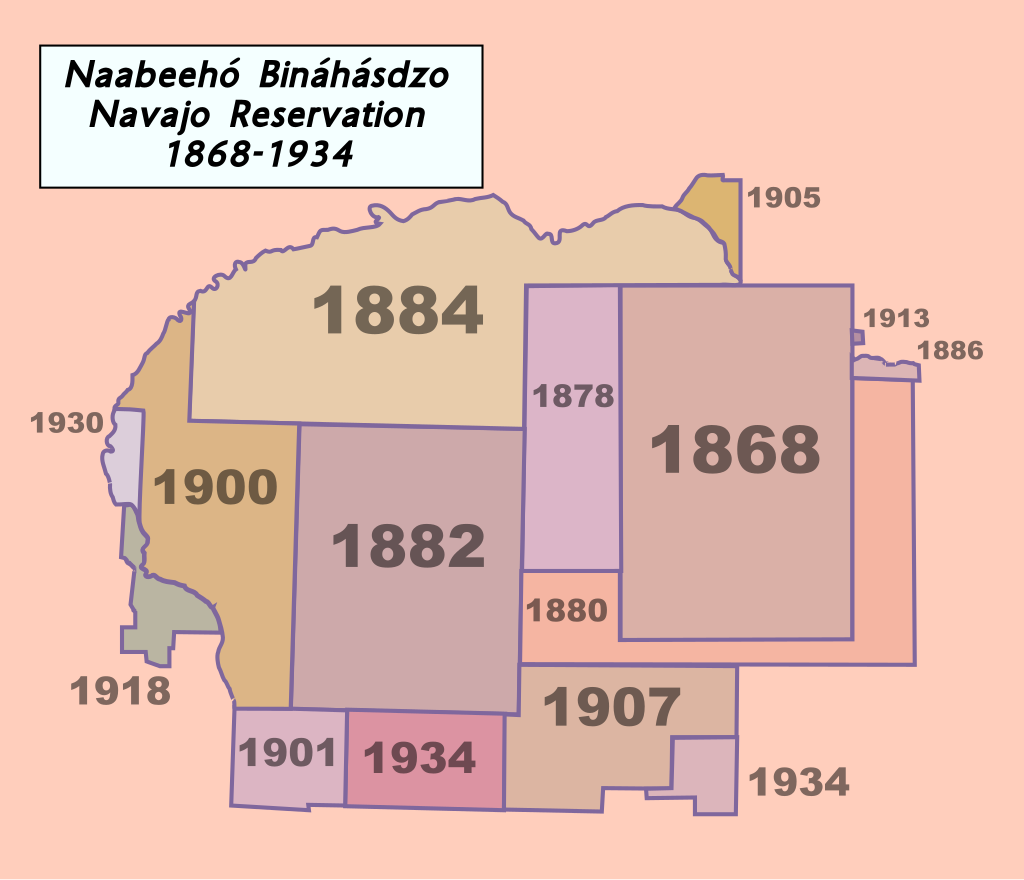
The right to vote has been a long struggle for Native Americans. The Voting Rights Act of 1965 helped secure and protect that right, leading to increased voter participation among Native Americans. However, in 2013, the Supreme Court weakened the Voting Rights Act by invalidating the Section 5 preclearance formula in the Shelby County v. Holder case. Since then, efforts to suppress the vote, particularly among Native Americans, have increased.
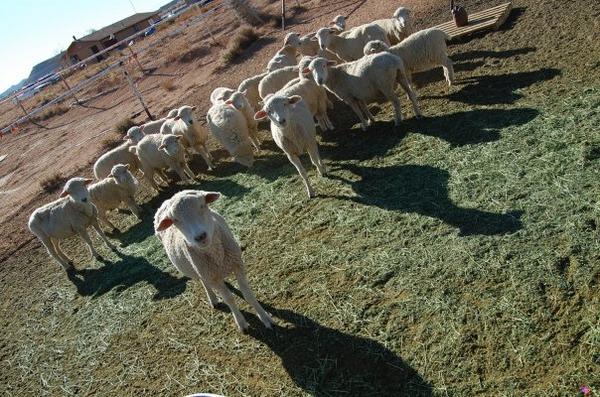
Many Native Americans live in rural communities that lack residential addresses, making it difficult to receive mail, including voting materials. Homes are often described using landmarks instead of street addresses, and roads are often in poor condition, making them impassable after storms. As a result, the U.S. Postal Service does not deliver mail to most reservation residents at their homes, further complicating their ability to participate in elections.
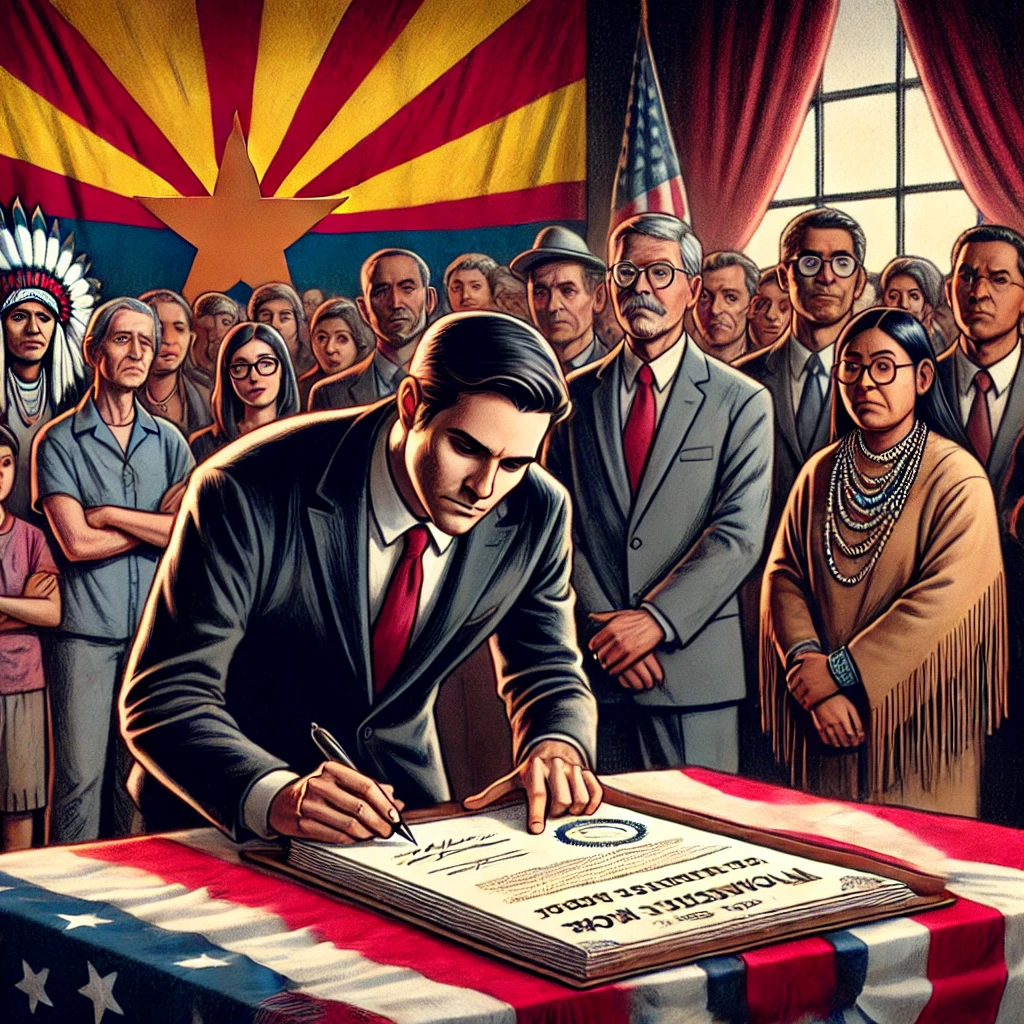
The situation in Arizona has been ongoing for years. In 1993, a federal law made it easier to register to vote by allowing people to fill out a simple form and sign a statement saying they were U.S. citizens. However, in 2004, Arizona passed a law requiring people to show proof of citizenship, like a birth certificate, when they registered to vote.
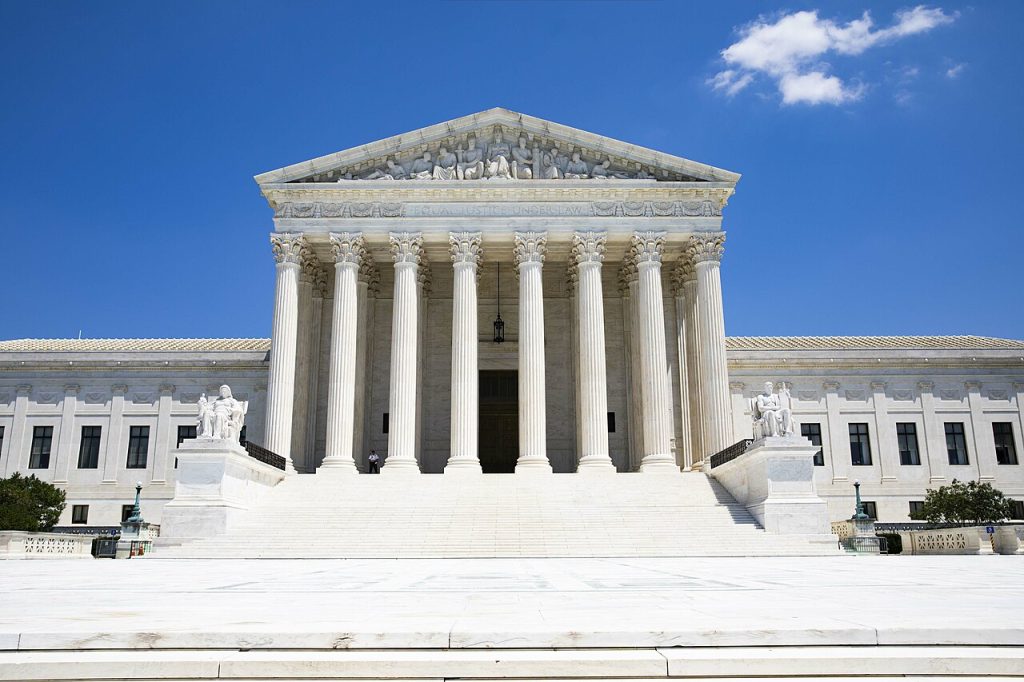
This led to legal battles, and in 2013, the Supreme Court ruled that the federal law overruled Arizona’s law, allowing those who registered with the federal form to vote in federal elections. Despite this, Arizona’s Legislature passed a new law in recent years making it harder to vote without proof of citizenship. The Justice Department sued Arizona, and a judge blocked the new requirement.
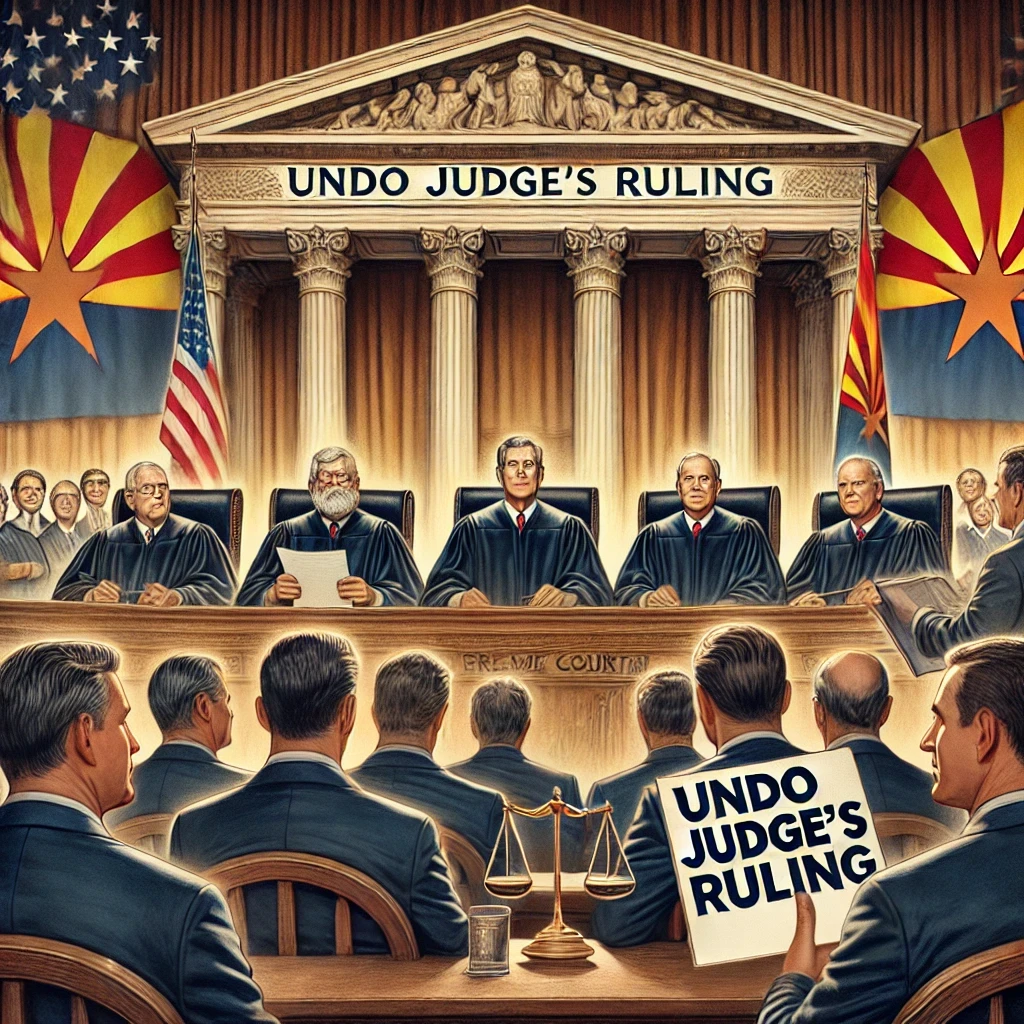
Now, the Republicans are asking the Supreme Court to undo the judge’s ruling and prevent people without proof of citizenship from voting in the presidential election. Voting rights advocates argue that this is an unfair attempt to block people, especially Native Americans, from voting. They also point out that there is no evidence of noncitizens trying to vote and that it would be risky for them to do so, as it could lead to serious legal consequences.
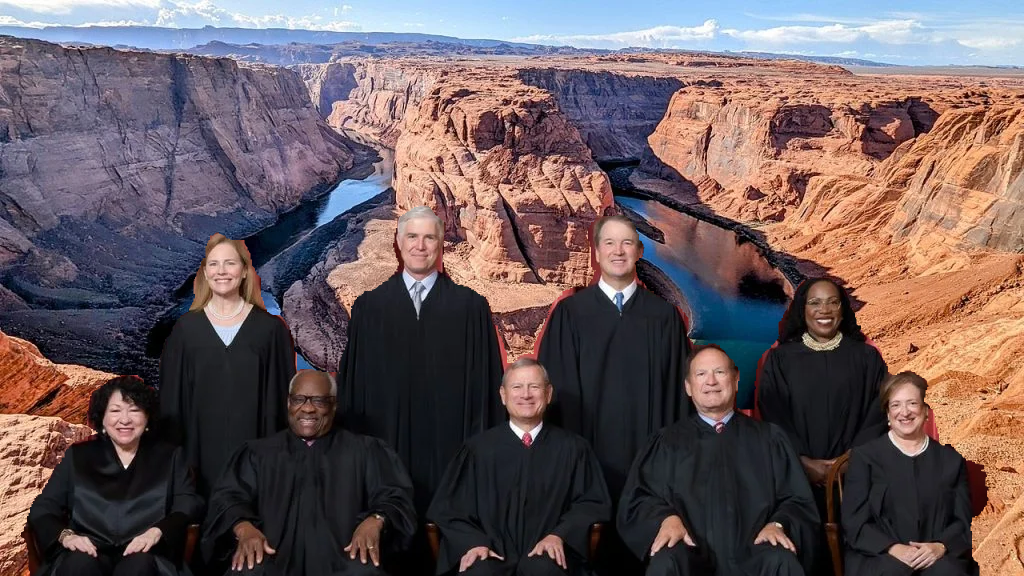
The Supreme Court’s decision on this case could have a significant impact on the upcoming election in Arizona and potentially the entire country. The ruling will determine whether tens of thousands of voters, many of them Native Americans, will be allowed to cast their ballots in a critical election.

